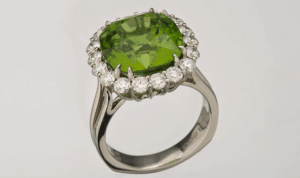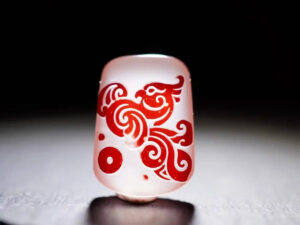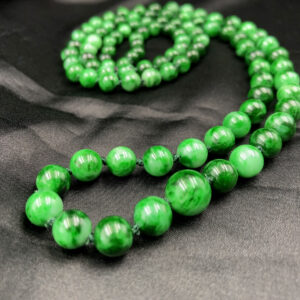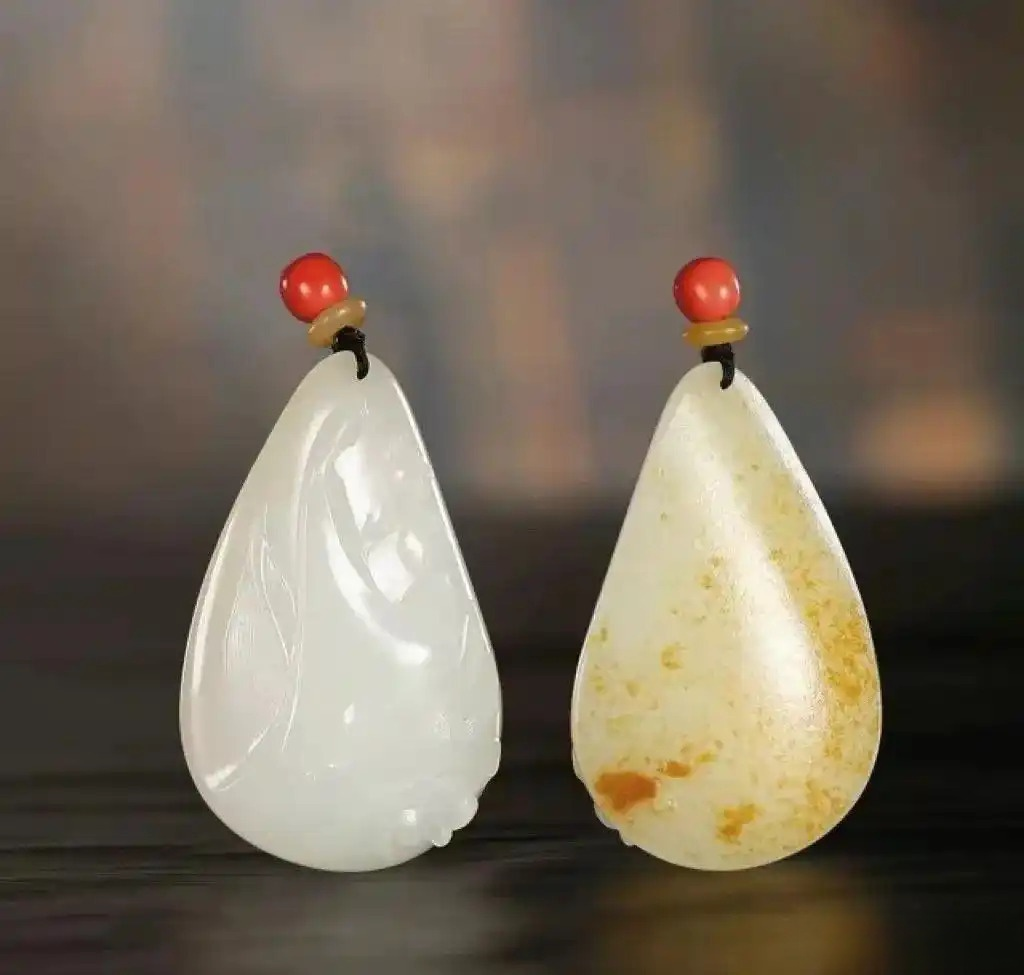
Refined Substance and Cultured Elegance: The Path of the Junzi and the Appreciation of Hetian Jade
文質彬彬,然後君子:君子之道與和田玉鑑賞
Prologue: Beyond Labels – The Essence of True Character
前言:超越標籤——真正品格的本質
I deeply dislike using labels like “junzi” (君子 – noble person) or “xiaoren” (小人 – petty person) to categorize people. Most of us are simply ordinary individuals navigating the haze of daily life, finding contentment in securing three warm meals a day. We hardly qualify to aspire to the heights of sages and saints, nor do we possess the courage to plummet into the depths of great wickedness.
參玉很不喜歡用「君子」、「小人」的名頭來給人扣帽子。我們大多數都只是渾渾噩噩的芸芸眾生而已,混個三餐溫飽就已經很知足了,實在沒資格去高攀聖賢,也沒勇氣墮落成巨奸大惡。
Furthermore, I do not claim profound expertise in classical Chinese studies. While it is a personal interest, my understanding is limited to the few classics I’ve read during my leisure time. However, a recent article coincidentally referenced a quote from the Analects of Confucius: Yong Ye.
而且筆者也沒那麼深厚的國學功底,儘管喜歡吧,但對此的認知,也僅限於閒暇時光讀的那幾本典籍罷了。然而前天的公眾號文章裡,剛好引用了《論語·雍也》中的一句話。
This was not an attempt to be pretentious, but rather because its underlying logic aligns remarkably well with the appreciation of Hetian jade—a concept worth deep contemplation for us jade enthusiasts.
並非是附庸風雅,著實是其與和田玉鑑賞的底層邏輯高度的一致,值得我輩愛玉之人去深切的體會。
I. Decoding the Wisdom: Confucius on Substance and Refinement
一、解讀智慧:孔子論質與文
Confucius said: “When substance (質 – zhì) overshadows refinement (文 – wén), one is rustic (野 – yě). When refinement overshadows substance, one is pedantic (史 – shǐ). Only when substance and refinement are harmoniously balanced (文質彬彬 – wén zhì bīn bīn) do we have the junzi (君子).”
子曰:「質勝文則野,文勝質則史,文質彬彬,然後君子。」
- “Substance” (質 – Zhì): For a person, this can be understood as their innate essence, natural资质 (zīzhì -资质 endowment), or core character. For jade, it refers to the physical properties formed by its microscopic structure—the indicators we often speak of, such as hardness, toughness, and density… its fundamental jade quality (玉質 – yù zhì).
- 「質」: 對人而言,可被理解為本質、資質或核心品格。對玉來說,是指由其微觀結構形成的物理性質——即我們常說的硬度、韌性、致密度等……其根本的玉質指標。
- “Refinement” (文 – Wén): Manifested in a person, this equates to acquired learning, experience, and cultivation. For jade, it can be interpreted as the artificial carving, polishing, and decoration—the human artistry applied.
- 「文」: 體現在人身上,相當於後天的學習、歷練與修行。對於玉來說,則可解讀為人工的雕琢、打磨與裝飾——施加其上的人為藝術。
- “Rustic” (野 – Yě): Is usually explained as being原始 (yuánshǐ -原始 primal), coarse, or unrefined.
- 「野」: 通常被解釋為原始、粗野或未經雕琢。
- “Pedantic” (史 – Shǐ): Is more obscure and challenging to understand. In the past, it was generally interpreted as being superficial, flashy without substance, or流于表面 (liú yú biǎomiàn – skimming the surface). I, however, vaguely perceive a hint of “dogmatism” or being overly rigidly academic within its meaning.
- 「史」: 比較晦澀難懂。過去一般被解讀為虛浮、華而不實或流於表面。然而,筆者卻隱約從中體會到了一絲「教條主義」或過於僵化學究的意味。
II. The Human Application: Cultivating the Self
二、應用於人:修身養性
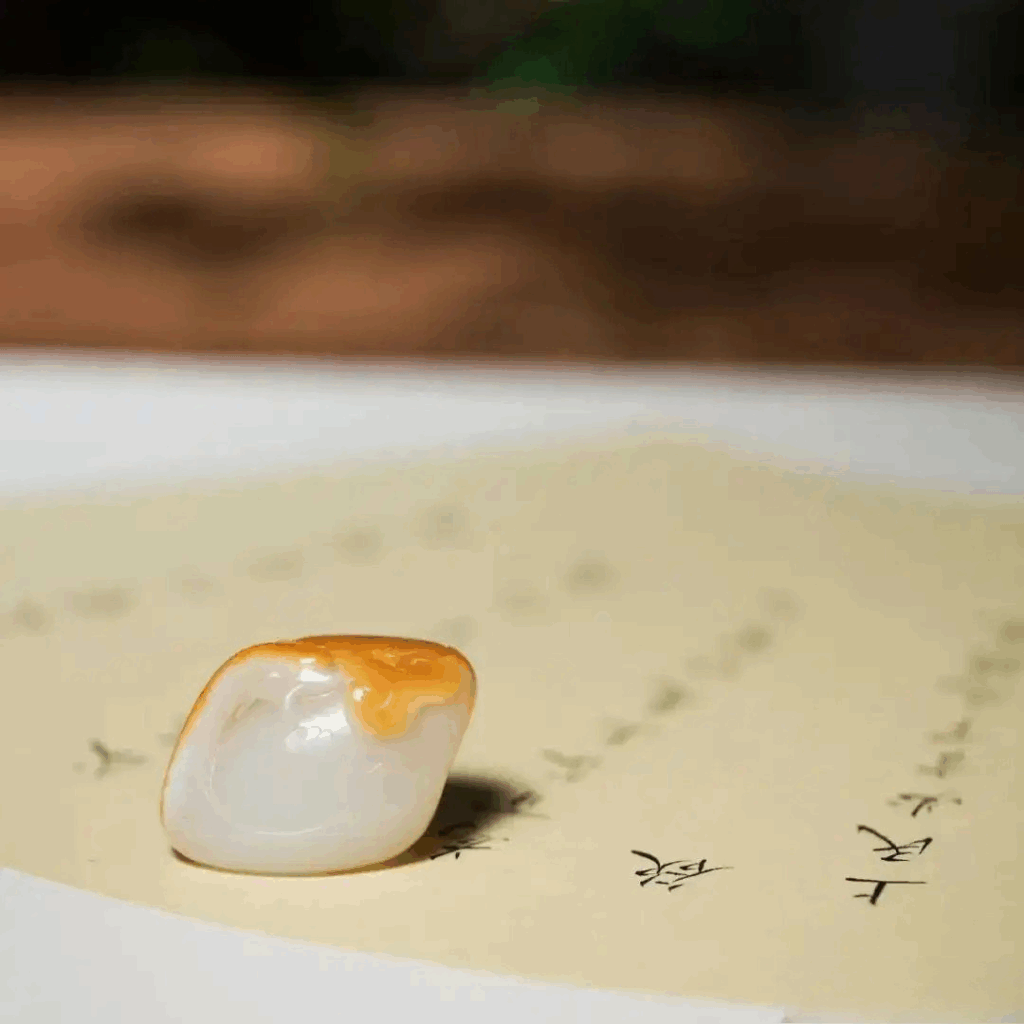
Applying this saying to people, the general idea is: Excessive质朴 (zhìpǔ -质朴 simplicity/primalness), maintaining a raw state while lacking self-cultivation through study and tempering, makes a person appear coarse, lacking in修养 (xiūyǎng -修养 cultivation), and uncultured. Conversely, being overly eloquent and artful with words to the extent of obliterating one’s innate nature results in appearing hypocritical and ostentatious.
把這句話用在人身上,大意是:過於質樸,保持原生態,自身缺少學習磨礪,人就會顯得粗野、缺少修養、沒文化。反之,過於文采斐然,巧言令色,以至於泯滅了本性,則會顯得虛偽、浮華。
Only by steadfastly adhering to one’s original nature and初心 (chūxīn -初心 initial heart/true intentions), using one’s innate资质 (zīzhì -资质 endowment) as the foundation, combined with relentless learning—”reading ten thousand books and traveling ten thousand miles” to temper oneself—can one continuously elevate personal cultivation and achieve something meaningful.
只有不忘初心的堅守本性,以自身的資質為根基,結合上不懈的學習——「讀萬卷書,行萬里路」的打熬自己,才能不斷提升個人修養,並有所建樹。
III. The Jade Application: Principles of Authentic Appreciation
三、應用於玉:真正鑑賞的原則
Translating this principle onto the aesthetic appreciation of jade artifacts:
將此原則轉化到玉器的審美上:
- “When substance overshadows refinement, one is rustic” (質勝文則野): This perfectly corresponds to those who极端 (jíduān -极端 extremely) pursue the idea that “fine jade needs no carving, great talent needs no polishing” (良玉不琢,大才不雕), specifically collecting and fondling only raw jade pebbles (子料 – zǐliào)—a rather foolish pursuit.
- 「質勝文則野」: 這正好對應了那些極端追求「良玉不琢,大才不雕」,專門只收集把玩子玉原石的愚夫之舉。
- “When refinement overshadows substance, one is pedantic” (文勝質則史): This is akin to those jade pieces that are excessively and intricately carved, densely covered with patterns, riddled with holes, completely obscuring the Hetian jade’s天然 (tiānrán -天然 natural) simple, unadorned, profound, and warm, mature texture (質感 – zhìgǎn).
- 「文勝質則史」: 就如同那些過度穿鑿,將玉石雕刻得花紋密布、千瘡百孔,完全掩蓋了和田子玉天然朴拙渾厚、溫潤老熟質感的玉器。
Only those works that utilize top-quality, pure-textured Xinjiang Hetian jade pebbles (新疆和田子玉), supplemented with moderate carving that strives to reveal its original风采 (fēngcǎi -风采 elegance/charisma), while simultaneously imbuing it with excellent humanistic elements, can be considered worthy jade carving pieces for collection. Only this type of jade artifact is配得上 (pèi dé shàng -配得上 worthy of) the modest junzi.
唯有那些利用質地精純的上等新疆和田子玉,加以適度的琢刻,盡力展現其原本的風采,同時又賦予其優秀人文因素的,才算得上是一件值得珍藏的玉雕作品。也只有這種玉器,才配得上謙謙君子。
IV. A Linguistic Legacy: The Character “Bin” (彬)
四、語言遺產:「彬」字
During the Qin Dynasty, a character derived from this concept emerged—a vulgar small seal script form of “彬” (bīn), which is “斌” (bīn). This character itself means “文質彬彬” (wén zhì bīn bīn – where substance and refinement are harmoniously balanced).
在秦朝,由這個概念衍生出了一個字——也就是「彬」的小篆俗字「斌」,它本身就是文質彬彬的意思。
In just 18 characters, Confucius not only elucidated the true meaning of life but also taught us how to appreciate Hetian jade. How profound and fascinating traditional culture is!
短短18個字,既言明了人生的真諦,又告訴了我們如何品鑑和田玉。傳統文化何其的淵深有趣啊?
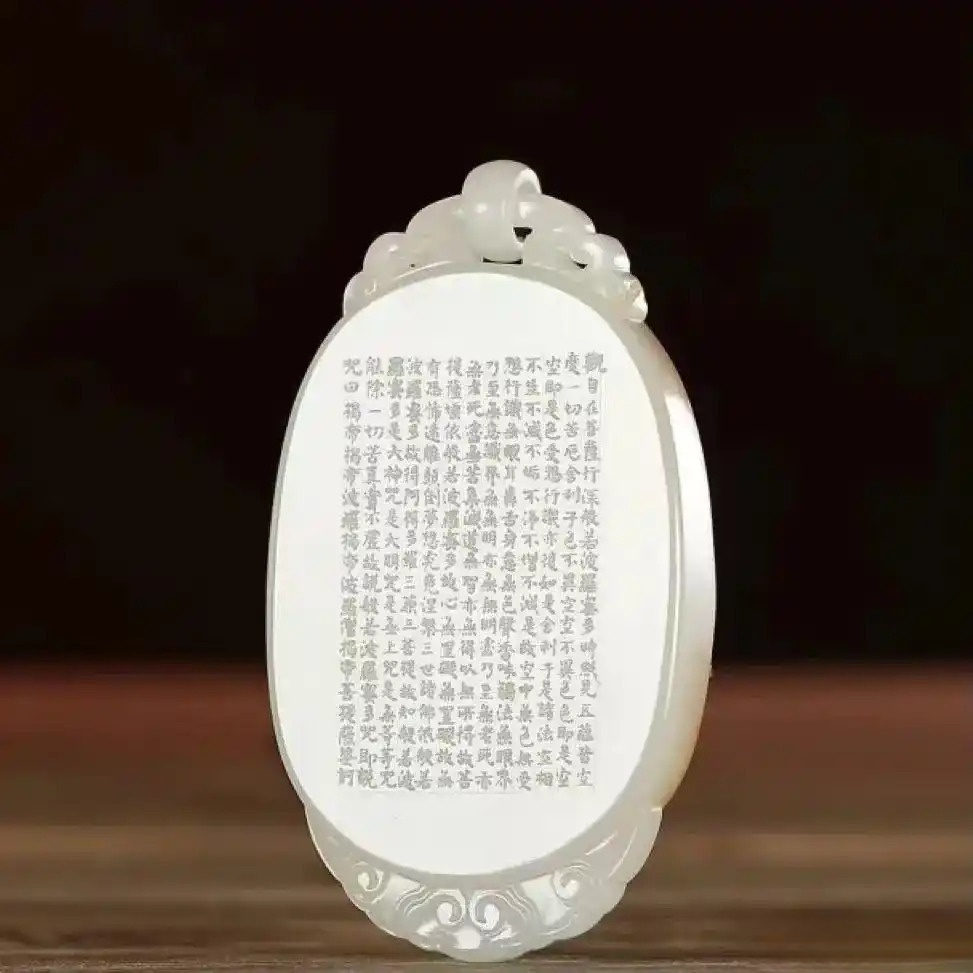
Conclusion: The Enduring Resonance of Balance
結語:平衡之道的持久共鳴
This ancient wisdom, therefore, serves as a dual guide: for personal growth towards becoming a balanced individual, and for discerning true value in artistic creations like jade carvings. It reminds us that true worth, whether in a person or an object, lies not in raw potential alone, nor in excessive adornment, but in the respectful and skillful harmony between innate quality and acquired refinement.
因此,這一古老智慧扮演著雙重指南的角色:一是引導個人成長為一個平衡的個體,二是用於甄別如玉雕等藝術創作的真正價值。它提醒我們,真正的價值——無論是人還是物——並不在於單純的原始潛力,也不在於過度的裝飾,而在於內在品質與後天修養之間尊重且巧妙的和谐統一。
Read More
- The Refined Gentleman: Balancing Nature and Nurture in Hetian Jade Appreciation
- The Million-Dollar Carving: When Hetian Jade Craftsmanship Surpasses the Material Itself
- The Eternal Craft: A Journey Through 7,000 Years of Chinese Ivory Carving
- Auspicious Adornments: The Complete Guide to Lunar New Year Jewelry
- Auspicious Adornments: The Best Jadeite Jewelry to Wear for Lunar New Year

